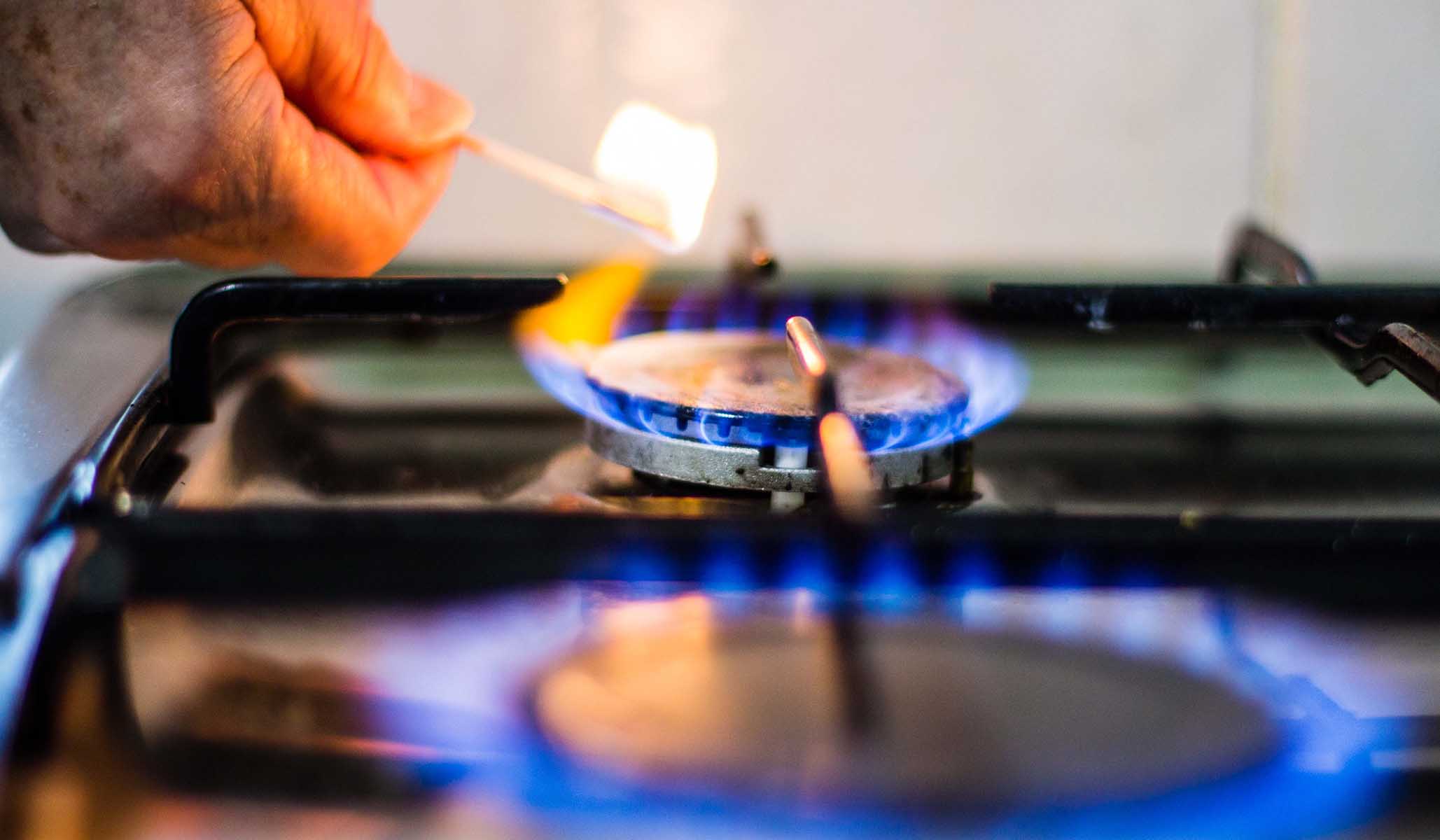


Under pressure from environmentalists, New York lawmakers on Tuesday made their state the first in the nation to ban the use of natural gas and other fossil fuels for heating and cooking in most new buildings.
The ban on natural-gas appliances was part of a $229 billion state budget passed late Tuesday. The law requires all-electric appliances in new buildings shorter than seven stories by 2026 and in taller new construction by 2029.
The law does not affect existing buildings, and it exempts renovations. It also includes exceptions for a variety of new buildings, including hospitals, manufacturing facilities, and restaurants. But it does not allow cities or counties to opt out.
Democrats, who control the state Senate and Assembly, have faced intense pressure from environmental groups, who have taken aim at natural gas to combat climate change and indoor and outdoor air pollution. Earlier this year, controversy erupted after reports said the Biden administration’s Consumer Product Safety Commission was considering restrictions, and possibly a ban, on natural-gas stoves.
New York Republicans and industry leaders opposed the natural gas ban, saying that it would raise costs for consumers, stress the electrical grid, and have little environmental benefit. The ban is expected to face serious legal challenges.
“A first-in-the-nation, unconstitutional ban on natural gas hookups in new construction will drive up utility bills and increase housing costs,” state Senate minority leader Robert Ortt said in a prepared statement.
Governor Kathy Hochul endorsed a ban on natural-gas hookups in new construction during her state-of-the-state address in January. Her spokeswoman reassured environmental activists earlier this week that the law would not include a loophole allowing localities to exempt themselves from the ban.
“The new law will not have any loopholes that will undermine the intent of this measure,” Katy Zielinski said in a statement provided to the New York Times. “There will not be any option for municipalities to opt out.”
Hochul’s opponent in last year’s reelection campaign, former congressman Lee Zeldin, slammed the governor and her allies in the legislature for exacerbating the regulatory dynamics that are driving residents out of the state.
“The Democrats enthusiastically pummeling New York into the ground are about to pass a statewide ban of gas hookups on new construction,” Zeldin said on Twitter. “Kathy Hochul and her cohorts are fast tracking the downward spiral of a once greatest state.”
Until recently, environmental groups tended to view natural gas positively and as a relatively clean bridge fuel in the transition to a low-carbon environment. The shift from coal to natural gas, which is cheap and abundant, helped the U.S. power industry lower its carbon emissions by a third between 2005 and 2019, according to a Cato Institute report from last year.
But, over the past decade, many environmental groups have changed their position after research found that a larger fraction of methane in the atmosphere came from industrial sources than had previously been thought.
In 2019, Berkeley became the first U.S. city to ban gas hookups in most new homes or commercial buildings, drawing a lawsuit from the California Restaurant Association. Last month, the Ninth Circuit Court of Appeals overturned the ban. Gas-industry representatives and New York Republicans have suggested the new legislation could be struck down in court along similar lines.
Other progressive cities and counties have instituted their own bans on new gas hookups. In 2021, New York City passed a ban on natural-gas hookups in new buildings under seven stories, which is set to take effect in December. The law will apply to taller buildings beginning in 2027.
In March, the Bay Area’s air-pollution regulators voted to phase out and eventually ban the sale of new gas furnaces and water heaters in the Northern California region, a move that energy experts and economists say will be costly for residents and will likely have limited environmental impact.
“There is no problem with natural gas appliances,” Ben Lieberman, a senior fellow at the Competitive Enterprise Institute told National Review at the time. “They’re not zero-emitting, but they’re very, very low-emitting. There’s no real problem with the emissions, and they’re economical in use, and consumers prefer them for that reason.”
In New York, most homes rely on natural gas for heating, according to the U.S. Energy Information Administration.
In addition to the ban on new natural gas hookups, the New York budget also increases the minimum wage, raises cigarette taxes, scales back the state’s radical bail-reform law, and approves new fines for unlicensed marijuana sellers.
